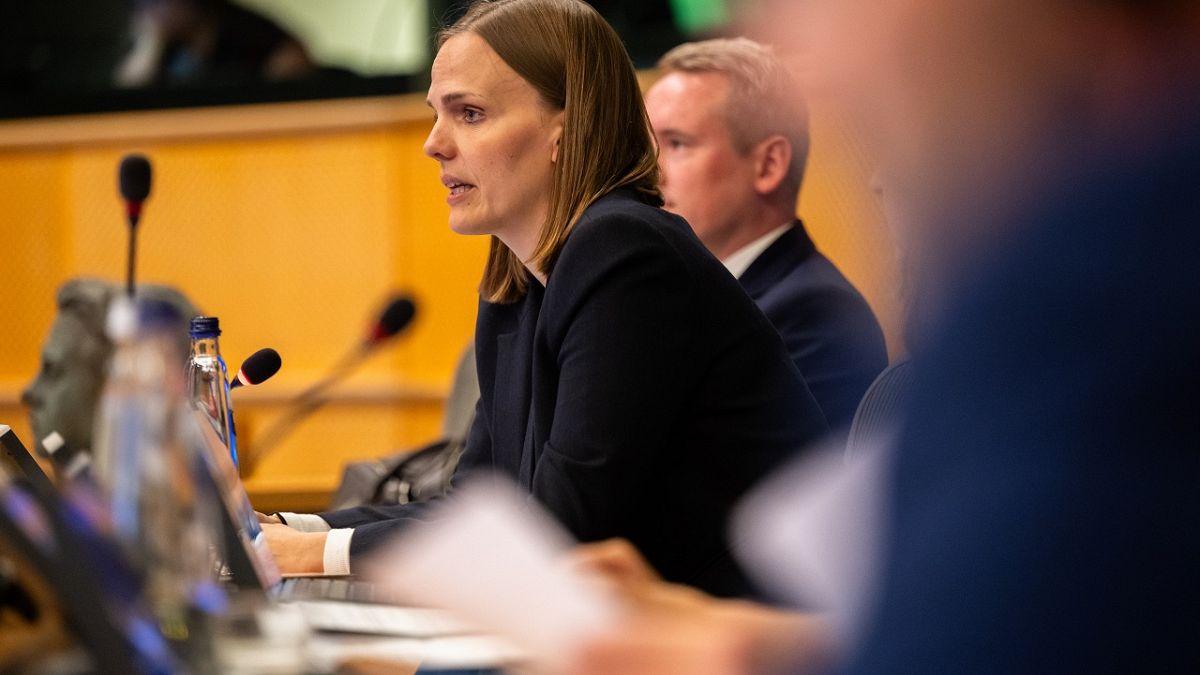

In today’s interconnected world, key issues are emerging across different sectors and lands, prompting thoughtful discussions and actions towards positive change. Among these, Denmark’s call for increased protection for minors online, the UK’s covert efforts to safely relocate Afghans, and France’s openness to discussing reparations for colonial activities in Niger stand out for their potential to foster growth, healing, and security.
Denmark is at the forefront in advocating for stricter regulations on online platforms to safeguard minors. Motivated by the complexities and challenges that the digital world poses to young individuals, the European Commission recently delivered comprehensive guidance aimed at enhancing protection against addictive designs, cyberbullying, and harmful digital content. This move underscores an increasing recognition of the need for measures that prioritize the well-being and mental health of the youth online. Denmark’s initiative not only highlights a proactive stance but also sets a promising precedent for other nations to consider similar protective strategies.
Meanwhile, in the United Kingdom, a major data breach incident has led to covert humanitarian efforts that reflect an underlying commitment to securing safety for vulnerable populations. In 2022, sensitive details of approximately 33,000 Afghans who had applied for relocation following the Taliban’s resurgence were inadvertently disclosed by the Ministry of Defence. Anticipating potential threats to these individuals from the Taliban, the UK government executed a discreet relocation plan termed the Afghan Response Route (ARR). This initiative, designed to protect those affected, has managed to facilitate the resettlement of about 20,000 Afghans, ensuring a secure future for them in the UK. The program’s emphasis on confidentiality and expediency showcases the UK’s dedication to rectifying the fallout from the data leak and exemplifies practical responses to emergent crises.
On another continent, amid the backdrop of historical colonial complexities, France is extending an olive branch by expressing its willingness to engage in discussions about potential reparations with Niger. The recognition of past events, marked by village burnings and cultural artefact appropriations over a century ago, signals a nuanced understanding of historical grievances and the reparative conversations required to foster healing and reconciliation. Although the French government has stopped short of acknowledging full responsibility, its openness to dialogue and collaboration on provenance research and patrimonial initiatives with Niger’s authorities represents a step towards addressing historical wrongs and building mutual respect.
Each of these stories illustrates a commitment to addressing both historical and contemporary challenges through thoughtful dialogue and concerted action. From policies safeguarding youth online to international relations addressing historical grievances, these narratives underscore the continuous effort required to nurture safer, more inclusive, and reconciled communities worldwide.
As these developments unfold, they remind us of the profound impacts that policy changes, sensitive diplomacy, and compassionate governance can have, reinforcing hope for a world striving towards understanding and resolution. Through continued vigilance and empathetic engagement, there lies a path forward that embraces progress while honoring the lessons of the past.
Source: {link}
